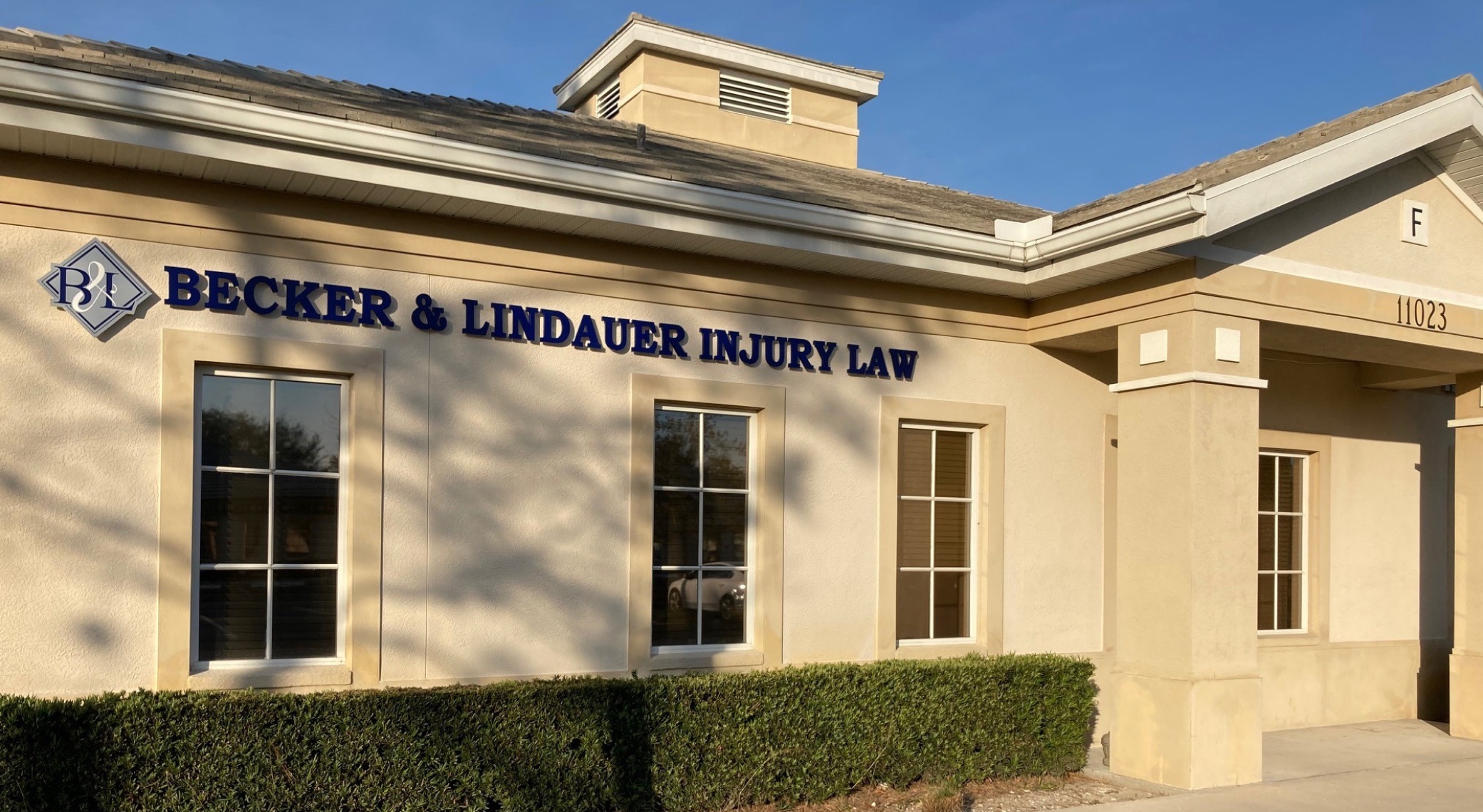Navigating the complexities following injuries caused by another’s negligence can be difficult, especially when considering whether preventative measures could have changed the outcome. In instances of extreme recklessness or carelessness, the law may recognize “gross negligence.” If you have been injured due to someone else’s actions or failures, it’s vital to understand your legal options. Please read on to learn what constitutes gross negligence in Florida and how our committed Bradenton Personal Injury Lawyers can assist you in pursuing the compensation you are entitled to.
What is Gross Negligence and How Does it Differ From Ordinary Negligence in Florida?
In Florida, different forms of negligence are recognized, each with distinct legal ramifications. Gross negligence signifies a much more significant deviation from the expected standard of reasonable care compared to ordinary negligence. In personal injury cases where harm arises from a breach of the duty of care, accurately identifying the specific degree of negligence is crucial.
Ordinary negligence is an individual’s or an organization’s failure to exercise reasonable care, falling below the standard expected of a prudent person under similar circumstances. For example, a surgeon accidentally leaves a sponge inside a patient during a procedure. Although this is a serious error, it might constitute ordinary negligence if it were a result of a momentary lapse in judgment.
Gross negligence, on the other hand, occurs when a defendant’s conduct is so reckless that they are deemed to neglect human life. Essentially, their actions demonstrate a conscious and deliberate disregard for the safety of others. It involves a higher degree of culpability and a greater indifference to the potential consequences of one’s actions. For instance, a surgeon operating on the wrong patient shows a voluntary disregard for patient safety and a significant deviation from accepted medical standards.
How Can I Prove Negligence in a Personal Injury Case?
The elements of a personal injury claim for ordinary negligence generally include:
- Duty of Care: The defendant owed a legal duty of care ot the plaintiff.
- Breach of Duty: The defendant breached this duty of care by acting or failing to act in a way that a reasonable person would have under similar circumstances.
- Causation: The defendant’s breach of duty was the direct cause of the plaintiff’s injuries.
- Damages: The plaintiff suffered actual harm as a result of the defendant’s negligence.
Establishing gross negligence is often much more challenging, as it necessitates proving the other party knew their actions were reckless. Evidence such as medical records, police reports, photos of the accident scene, and witness statements can help demonstrate that injuries were caused by a willful disregard for the safety of others. In many cases, gross negligence can result in the award of punitive damages. These damages are intended to punish the defendant for their egregious conduct and deter future misconduct.
Facing this intricate legal matter while recuperating from your injuries can be overwhelming. Consulting an experienced personal injury lawyer from Becker & Lindauer, LLC is crucial. Our legal team is dedicated to helping you fight for the compensation you deserve. Contact us today to discuss your case and explore your legal options.



